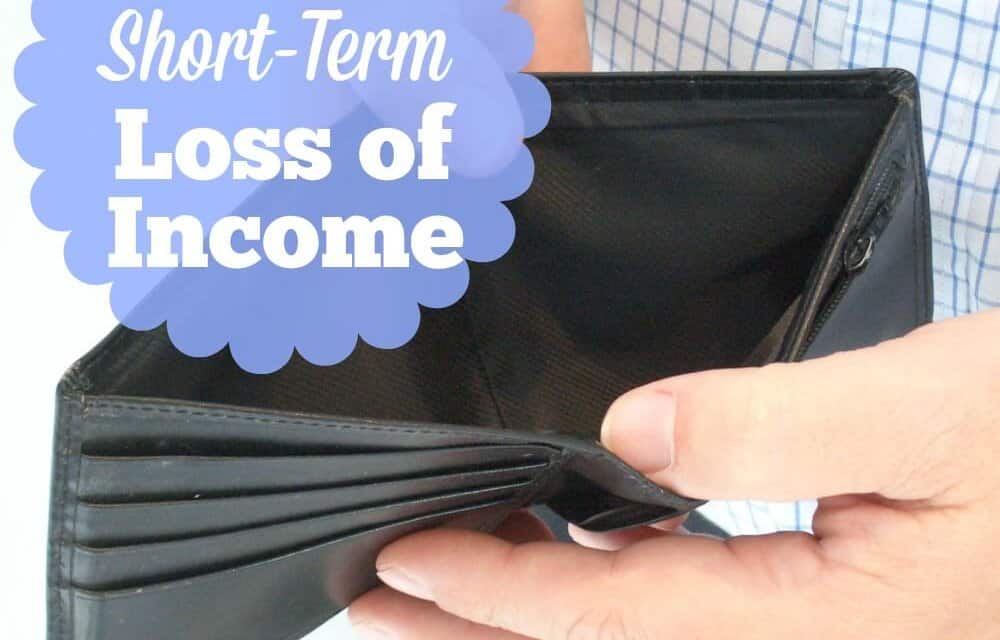There are many reasons you might need to plan for a loss of income. Here in the US maternity leave is rarely paid (don’t get me started on how irate that makes me), and many moms find themselves needing to save up to take time off to be with their newborn child (grrrrr).

But there are other reasons people need to prepare for a short-term loss of income, too. For example, teachers are only paid for 10 months of the year, meaning summer months are unpaid. Other jobs may be seasonal, or have frequent lay-offs when work is slow.
If you find yourself looking ahead to a paycheck-free period, here are some ways that you can prepare.
Know your options. Many school districts will allow teachers to reduce their regular paychecks and receive a balloon payment of the balance at the end of the school year. If you’re not great at setting money aside, this is a good option, though you lose a bit in accrued interest.
Determine how much you’ll need. What are your monthly expenses, plus anything else you may be responsible for during your short-term income loss? Things like rent or mortgage payments, electricity, and heat should be pretty obvious, but don’t forget about groceries and gas – you won’t be driving to work every day, but you’ll probably want to go somewhere. Also, if you’re loss of income is because of periodic lay-offs, you’re probably going to need to pay for health insurance out of pocket.
Set your goal. If you know that you have 10 months to save $5,000, you’ll need to put aside $500 a month in order to be prepared. For those dealing with periodic lay-offs, I highly recommend setting a higher savings goal than just enough. You never know how long the lay-off will last and it’s better to have too much than not enough.
Be wary of long-term contracts. If you’re in an industry with frequent periods of no income, think twice before signing up for a 2-year cell phone or cable contract. Another option is to ask about contract deferment – essentially putting your contract on hold – during your period without income.
Let people know. Some people outside your family will likely be effected by your temporary situation and it’s only polite to give them a heads up. For example if you’re going to keep your child home from daycare while you’re not working, giving them a heads up is the right thing to do. The same goes for cleaning services, yard workers, or anyone else who may find themselves out of work while you are.
Don’t use your emergency savings. It’s tempting to look at 6 months worth of living expenses just sitting there and see it as an option. But summer vacation or the end of a seasonal job are not emergencies. They are part of a predictable cycle of employment and should be planned for.
Use other skills to make extra money. If you’re off work for the summer or due to your primary job being slow, you may want to use your free time to explore other ways to make money. Offer consultant services, become a virtual assistant, be a freelance writer, do yard work… be creative. You can, of course, do these things if you’re home on maternity leave, too. You’ll just be extra tired when you do them!
A short-term loss of income can be stressful, but preparation will definitely make it easier.
Have you ever dealt with a planned loss of income? How did you handle your finances? Share in the comments.






